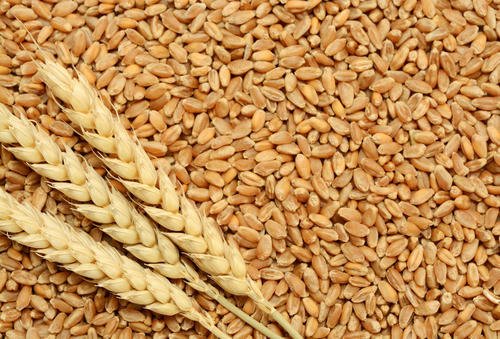SKYFLD is a new, independent, online precision farming platform that can help manage farming operations.
HELM, a German family-owned business with over 119 years of experience in the global distribution of chemicals, fertilizers, crop protection products and pharmaceuticals, announced, at Expoagro, the pre-launch of SKYFLD, an innovative digital agriculture tool that offers the possibility of monitoring crops using biomass maps, which will begin operating during the second half of 2020.
Infocampo was present at the stand and spoke to Fernando Lespiau (General Manager of HELM Argentina), who stated, “The company decided to have a greater participation in Argentina and our future vision is to help advance the country. We have been on this path for three or four years, and we believe that it is necessary to showcase ourselves more. That is why we are here for the first time at Expoagro.”
As a German firm that knows what it wants, both its short and long-term future objectives are clear. It is also gradually establishing itself in agrochemical and fertilizer markets, but without stopping to look at the variants that exist in agriculture today. An example of this was the pre-launch of a digital technology that enables producers to maximize the use of resources, but not in accordance with it. The firm is also working on the development of biological products.
“We are seeing an ever-changing agricultural world, and that is why we are working on innovations, such as patented biological products and some herbicides, which can be rotated with current products with different modes of action to minimize the possibility of generating resistance,” Lespiau said.
“We are working with biologicals and testing them in the field. We see that society demands more environmentally-friendly products, and we believe that biologicals can be complementary. They are not going to replace conventional agrochemicals used today, but they can help reduce environmental damage,” he added.
About SKYFLD
SKYFLD is a new, independent, online precision farming platform that can help manage farming operations. In Argentina, it will be launched in the market during the second half of 2020.
The platform delivers updated biomass maps every five days at a resolution of 5m x 5m, which can be used to make recommendations for fertilization and variable sowing, as well as for remotely monitoring the progress of crops. The digital tool also offers weather information from nearby weather stations for free.
Anyone can be a user of Skyfld, regardless of whether they are a HELM customer or not. “Our idea is to make it easier for producers, by constantly incorporating technologies so they can achieve the best results, but above all, so they can make the best decisions,” Lespiau explained.
Esteban Videla Pearson (Head of Digital Agriculture at HELM Argentina) said, “SKYFLD will facilitate the availability of information on fields and crops at anytime and anywhere. We believe that this technology is a strategic ally that can optimize resources, increase profitability and guarantee better results in crops.”
SKYFLD is a new, independent, online precision














